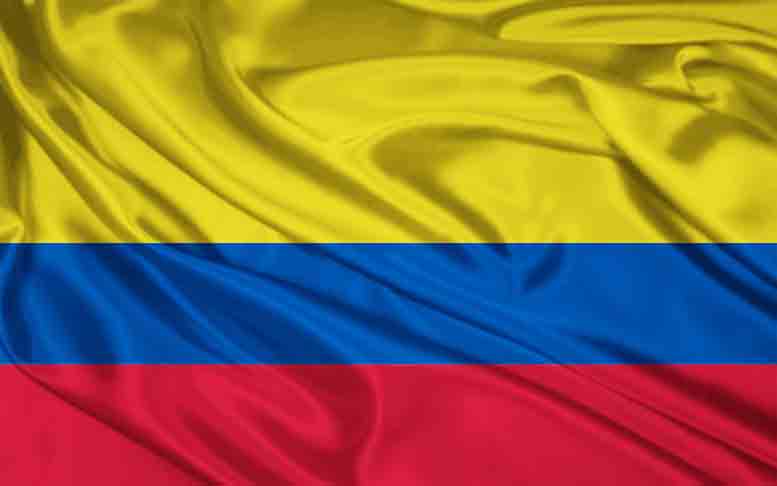[Clarification: This is an updated version of a story posted April 5 that corrects and clarifies the specifics of the resolution passed last weekend. – Ed.]
Colombia has put in place international trade regulations for medical marijuana, CBD and other cannabinoids under a resolution adopted last weekend.
The new rules allow companies already licensed to grow marijuana or hemp for industrial purposes, research and export to start the commercialization of a wide range of cannabis derivatives including dried flowers.
The ministries of justice, agriculture, health, and commerce signed off on a highly anticipated resolution bearing the changes, which adds to a growing body of rules for cannabis in Colombia.
‘Great excitement’
“This legislative action allows for a very rapid economic opening of the industry,” said Karen Castaño, Communications Director at the Latin American Industrial Hemp Association, which she also serves as ambassador to Colombia. “This is something we all looked forward to with great excitement.”
The export license rules apply to scientific and commercial uses of seed, grain, plant components, plants in a vegetative state, derivatives, and finished CBD, THC and other cannabinoid products for human or veterinary use.
Companies seeking export permits must apply to the Information Mechanism for the Control of Cannabis (MICC) and, depending on the activity or product, to the Ministry of Justice or the National Institute for Food and Drug Surveillance (INVIMA).
Rules are developing
Colombia enacted a law late last year that separated low-THC cannabis from medical marijuana and officially cleared industrial hemp from the country’s drug list. Regulations that followed in February set the THC limit for grain and fiber production at 0.3%, with the limit for flower production, commonly processed for CBD. Additional hemp regulations are still awaited.
The relatively high THC limit gives Colombian growers who produce CBD plants an edge in world markets, most of which observe a 0.3% barrier for THC in hemp. Because CBD rises in proportion to THC, production is more efficient under the higher limit.

